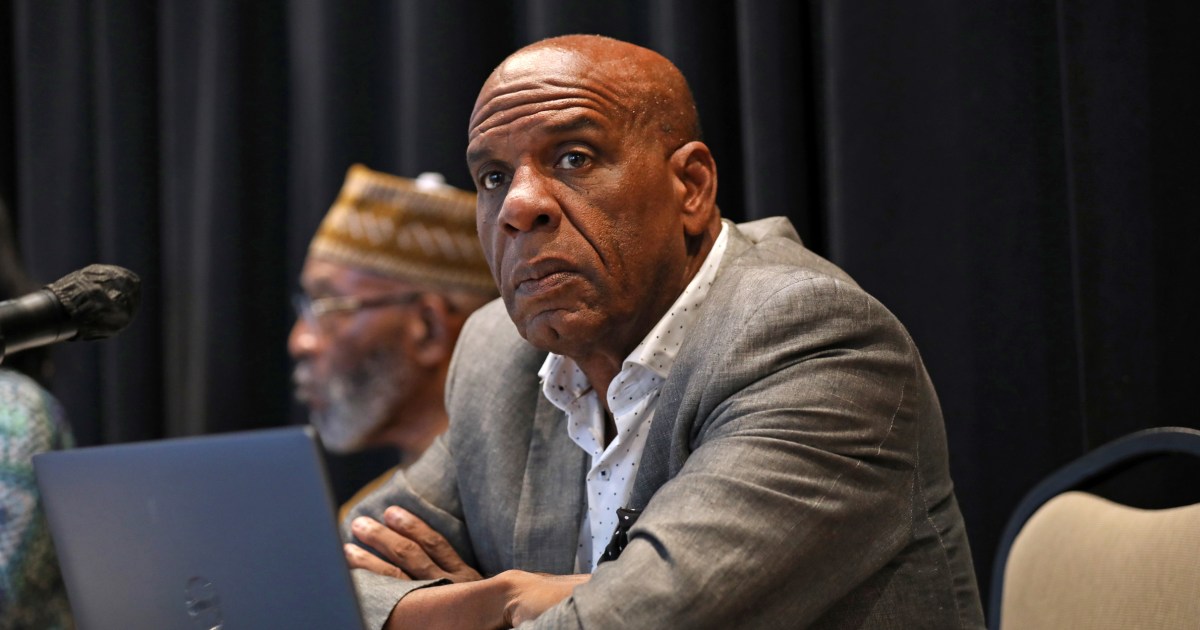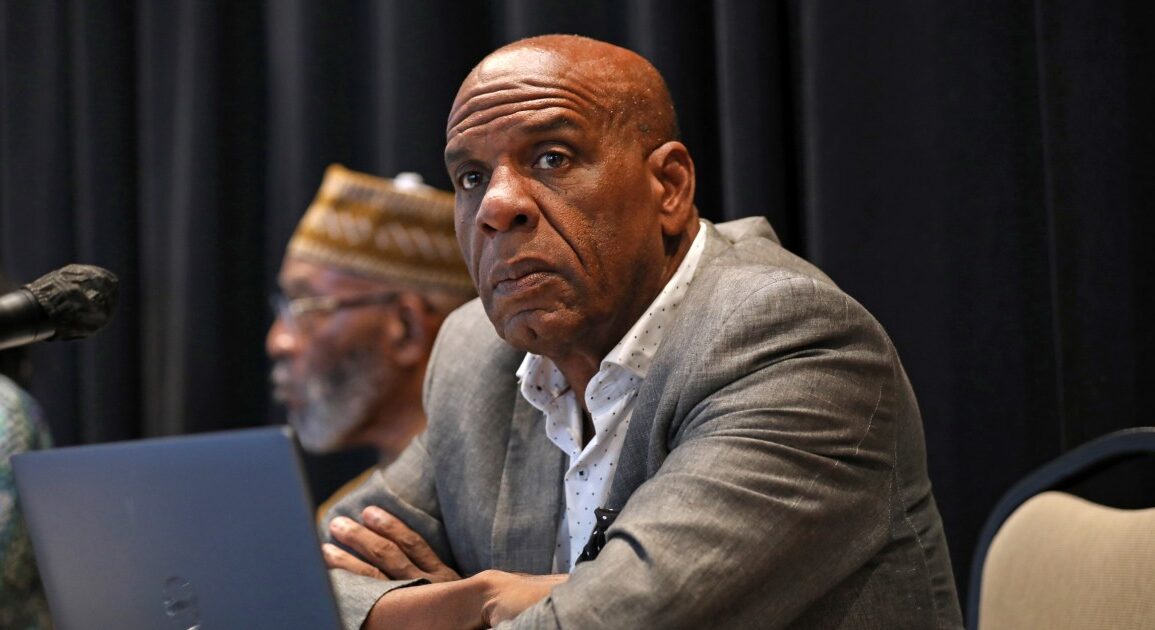
California’s newly enacted “Ebony Alert” law is the first of its kind in the nation to prioritize the search for Black youth gone missing.
Gov. Gavin Newsom signed Senate Bill 673 into law on Sunday, making California the first state to create an alert notification system — similar to an Amber Alert — to address the crisis of missing Black children and young women.
The law, which will go into effect on Jan. 1, will allow the California Highway Patrol to activate the alert upon request from local law enforcement when a Black youth goes missing in the area. The Ebony Alert will utilize electronic highway signs and encourage use of radio, TV, social media and other systems to spread information about the missing persons’ alert. The Ebony Alert will be used for missing Black people aged 12 to 25.
“Data shows that Black and brown, our indigenous brothers and sisters, when they go missing there’s very rarely the type of media attention, let alone AMBER alerts and police resources that we see with our white counterparts,” state Sen. Steven Bradford, also a Democrat and creator of the legislation, told NBC News earlier this year.
He added: “We feel it’s well beyond time that we dedicate something specifically to help bring these young women and girls back home because they’re missed and loved just as much as their counterparts are.”
About 141,000 Black children under the age of 18 went missing in 2022, and Black women over 21 accounted for nearly 16,500 missing persons cases that year, according to the most recent data from the National Crime Information Center. More than 30,000 Black people in the U.S. remained missing at the end of 2022, according to the center. Although about 38% of the people who went missing i in 2022 were Black, according to the Black and Missing Foundation, missing Black people are less likely than white people to have their stories highlighted in the media. Also, missing persons cases for Black people remain open longer than those for white people. Derrica Wilson, co-founder of the foundation, told CNN that a majority of the 6,000 cases of missing Black people in her database remain unsolved.
In order for authorities in California to issue an Amber Alert, the victim must be under 17 — or have a proven disability, — there must be reason to believe they’re in danger, and the alerts cannot be used for custodial disputes or runaway cases. Part of the problem is that missing Black children are usually classified as runaways and, as a result, don’t get an AMBER alert, according to the foundation. Since its inception in 1996, 1,127 children have been successfully recovered through the Amber Alert system, according to the U.S. Department of Justice. The Black and Missing Foundation also also found that Amber alerts are inexplicably less effective when Black children are missing than for white children.
Timothy Griffin, an associate professor of criminal justice at the University of Nevada, Reno, said he believes the Amber Alert is not effective and, therefore, it may not be worth it to replicate the service. Griffin, who has spent years studying the Amber Alert, said it is rare for a citizen to see the alert and spot the missing child, or for the alert to scare an abductor into returning the child. “There’s just not a lot of reason to believe that when there’s an Amber Alert success it’s successfully rescuing children from threatening situations,” Griffin explained. “Thus, I would strongly suspect that that would be the experience of any implemented Ebony AAlert in California.”
Bradford said he doesn’t see it that way. To him, the new law represents a “historic breakthrough” in combating the racial disparities in the ways the nation handles missing persons cases, he said in a new news release Monday. He said it will ensure Black missing persons cases receive the necessary resources and attention that they haven’t in the past.
“Something’s better than nothing,” Bradford told NBC News. “Whether the Amber alert or an Ebony Alert is going to be 100% effective, we don’t go with that false illusion or belief. But it’s better than not doing anything at all.”
For more from NBC BLK, sign up for our weekly newsletter.
This post was originally published on this site be sure to check out more of their content.







